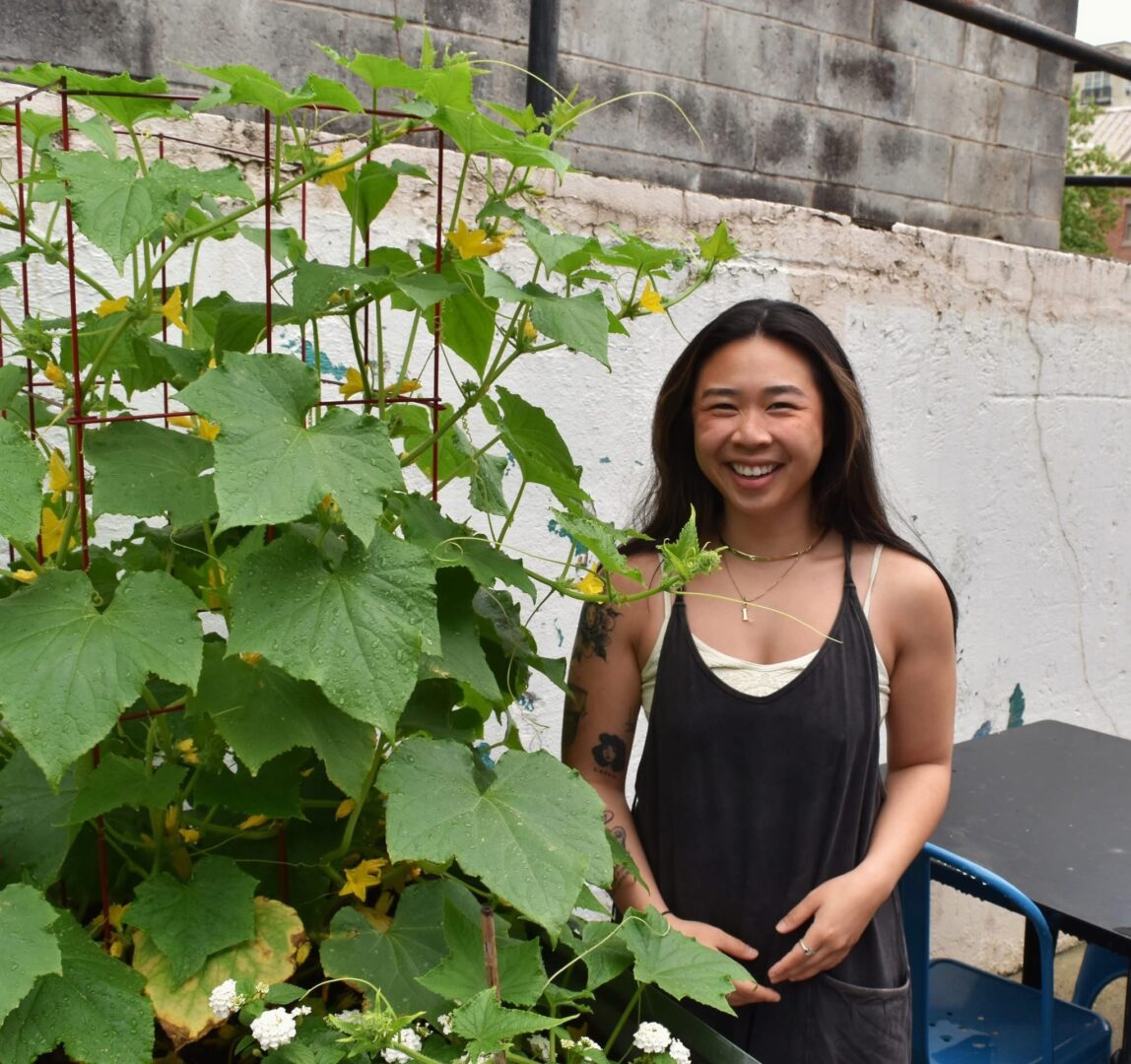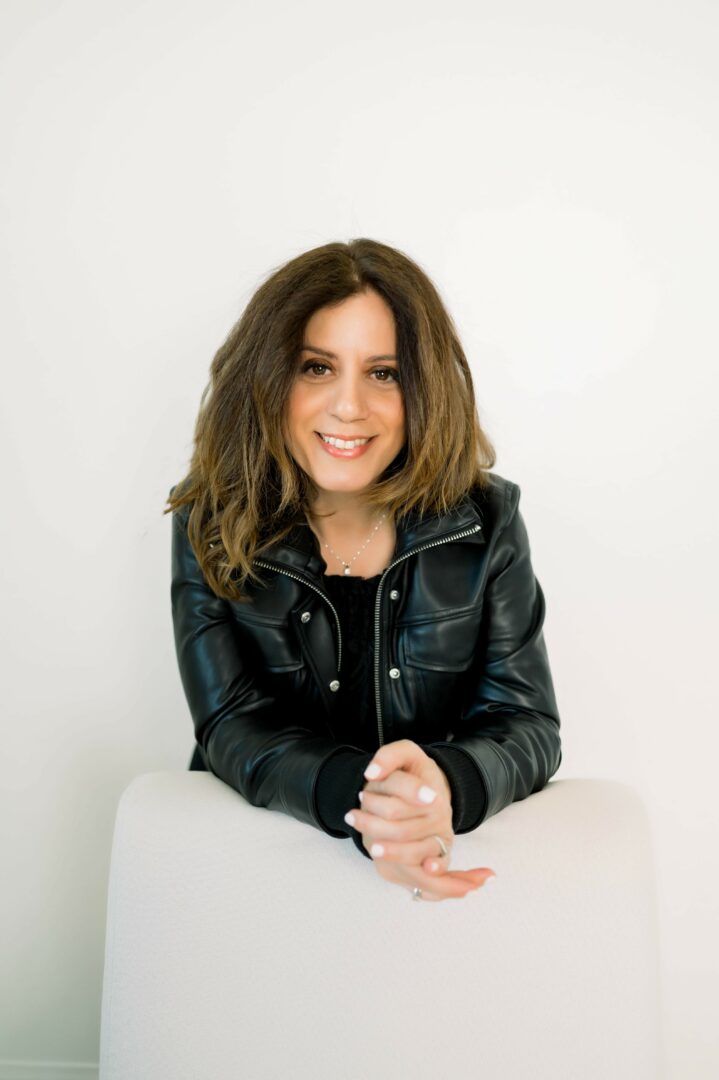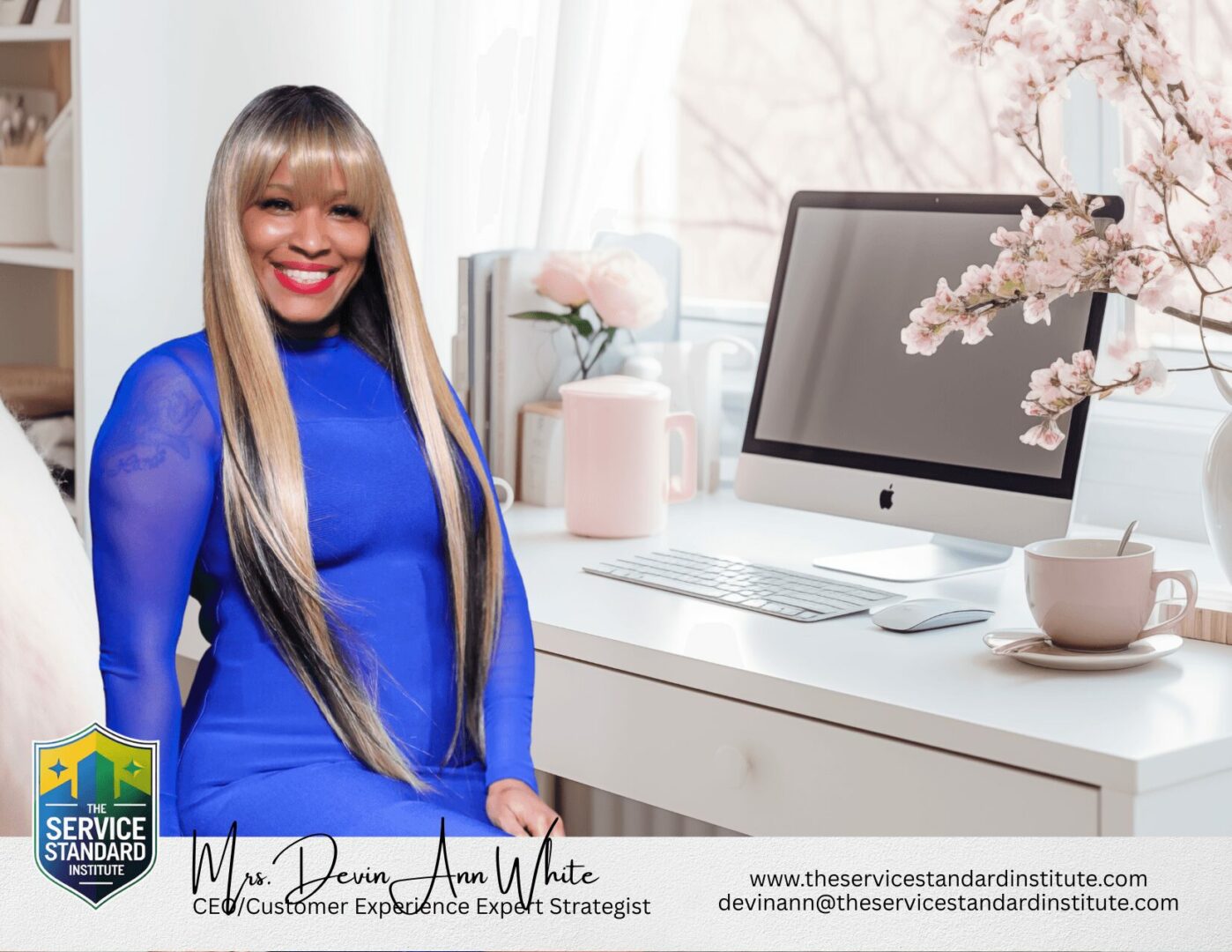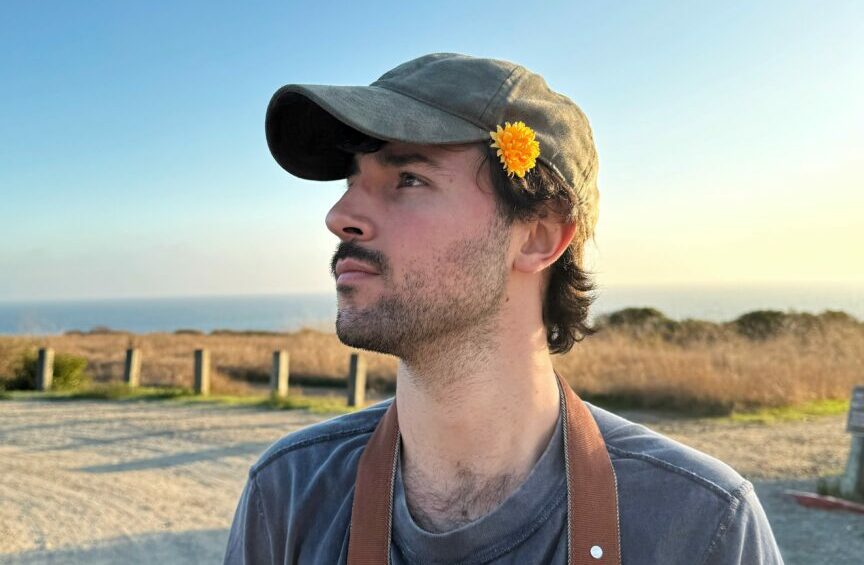We’re excited to introduce you to the always interesting and insightful Lisa Pham. We hope you’ll enjoy our conversation with Lisa below.
Lisa, thanks so much for taking the time to share your insights and lessons with us today. We’re particularly interested in hearing about how you became such a resilient person. Where do you get your resilience from?
Where do you get your resilience from?
Honestly, a lot of my resilience comes from my parents and growing up Vietnamese American. My parents came to the U.S. with almost nothing, and I watched them work incredibly hard to build a stable life for our family. They never really talked about “resilience”, they just lived it every day. They kept going, whether it was taking on extra shifts or figuring things out in a new language. Seeing that growing up shaped how I deal with challenges. I learned that you don’t have to have everything figured out but instead you just keep showing up, doing what you can, and trust the process. Being Vietnamese American also meant learning how to move between two worlds, so that means the one at home with my family’s traditions and values, and the one outside that didn’t always understand them. That taught me to adapt quickly, to listen, and to find my own balance between the two. The resilience I carry comes straight from them. My parents showed me that real strength doesn’t need to be loud, but more of it’s about showing up and keeping going, no matter what.
Where do you get your work ethic from?
Honestly, my work ethic comes from my parents. They came to the U.S. with barely anything and worked nonstop to build a life for us. I watched them do whatever it took to support our family by working long hours, tough jobs, and never complaining. They just did what needed to be done. Growing up with that example really shaped how I approach work. I don’t take opportunities lightly, and I always try to give my best. For me, working hard is about following through, staying consistent, and remembering the sacrifices my parents made so I could have the opportunities I do. That mindset guides everything I do, from my work as a personal chef to my research in public health. In both spaces, I get to help people in meaningful ways whether it’s creating meals that make someone feel cared for or supporting marginalized communities through research and programs. Seeing the resilience, creativity, and strength of the people I work with inspires me to approach my work with purpose. It’s a constant reminder of why I show up every day, and it pushes me to keep learning and growing.
How did you develop your confidence and self-esteem?
I think my confidence and self-esteem really grew from experiences where I had to step outside my comfort zone like when I started working as a personal chef. Being in someone else’s kitchen, taking responsibility for creating meals that meet their tastes and needs, and managing everything from prep to timing really pushed me to trust myself and my skills. With my upbringing, I was always taught to be humble and not draw attention to myself, so feeling confident didn’t come automatically. But every time I successfully pulled off a complicated menu or helped someone discover a new favorite dish, it reminded me that I can handle challenges and make things happen. A huge part of my growth has come from the people I’ve built alongside. Working with my co-owners, Celeste Kurz and Hannah Malian, has been incredibly grounding. We encourage each other, talk through the tough moments, celebrate every win, and constantly remind each other what we’re capable of. Having that kind of support has made me bolder and more willing to take risks.
Then over time, I realized confidence isn’t about knowing everything or never making mistakes. It’s about trusting that I can figure things out, adapt, and keep going. And honestly, I think a lot of this mindset comes from watching my parents work so hard to build a life here. Their resilience taught me that showing up, trying your best, and to believe that you can figure things out goes a long way even when it feels uncomfortable at first.
Where does your generosity come from?
Honestly, my generosity comes from how I was raised and how I see food. In my family, food has always been a love language where we see it as how to share joy and care. Growing up, my parents didn’t have a lot, but they always shared what we had. I watched them give so much of themselves just to make sure our family and the people around them were okay. They didn’t do it for recognition; it was just how they lived. That taught me early on that generosity is showing up for people in ways that matter.
That idea has always stuck with me, especially in my work as a personal chef. I’ve learned that cooking goes far beyond making meals; it’s about noticing the little things like what people like, what makes their day easier, how to make them feel cared for. Even small details, such as tweaking a recipe to match someone’s taste or remembering their favorite snack, can mean so much. Seeing people light up over something I made taught me that generosity is really about paying attention and putting thought into others, not about doing something huge.
I remember times when I’d adjust a meal for a client recovering from being sick or make sure to include their favorite flavors. Hearing how much that meant to them reminded me that generosity isn’t about big gestures, it’s about being present, paying attention, and putting genuine care into the little things. It’s not always visible, but the quiet ways you give is your thoughtfulness, your attention to detail, your willingness to help are what really make a difference in people’s lives. And those are the values I try to carry into everything I do, both in my work and in my personal life.
How did you overcome imposter syndrome?
I used to struggle with imposter syndrome a lot, especially when I first started working as a personal chef. Walking into someone else’s kitchen and trying to meet all their expectations made me constantly question whether I was “qualified enough.” But over time, I realized that no one feels 100% ready. That saying “fake it till you make it” sounds catchy, but I don’t actually think we’re faking anything. If you’re in the room, if you were hired or trusted to do something, it’s because someone already saw your potential even before you fully did. What I bring to my work and to our business is just as valuable, even if it looks different than someone else’s strengths. That’s the whole point of a strong team because we’re not supposed to be good at all the same things. So, once I accepted that, things shifted. Instead of doubting myself, I focused on showing up, listening, learning, and growing. Every complicated menu I pulled off, every client who loved a dish those became reminders that I was capable. Confidence didn’t come first; the action did. I learned that you don’t wait to feel ready, you take steps, you learn along the way, and eventually you realize you weren’t “faking it” at all. You were building it.
How have you learned to be effective/successful even when you are the only one in the room that looks like you?
Being the only one in the room who looks like me used to feel uncomfortable. I’d walk into meetings or kitchens and feel that quiet pressure to prove I belonged or blend into spaces that weren’t really built with me in mind. For a long time, I thought staying quiet and fitting in was the safest route. But I eventually realized something important: comfort isn’t growth. And growth doesn’t happen when I’m trying to make myself smaller. What’s helped me succeed isn’t just embracing what makes me different, but it’s refusing to be complacent. Every time I’ve stretched myself, whether in a new kitchen or a professional setting, I’ve learned something I wouldn’t have learned by playing it safe. Discomfort became a sign that I was stepping into something bigger, not that I didn’t belong there.
My background, my culture, and the way I was raised shape how I see people and build relationships. When I worked as a personal chef, that perspective helped me connect with clients beyond just what they wanted to eat. I learned what made them feel cared for. That same approach carries into every space I’m in. I listen closely, I pay attention, and I try to make people feel seen. Being the only one in the room isn’t always easy, but it’s taught me to lead with authenticity. I don’t need to prove I belong, I just need to be true to who I am. Surrounding myself with mentors, peers, and a support system who understand my journey has also been key. They remind me that I don’t have to carry everything alone. Success, for me, comes from embracing my identity, staying grounded in my purpose, and giving myself permission to grow.
Where does your optimism come from?
My optimism comes from a mix of how I was raised and what I’ve lived through. I grew up watching my parents navigate everything, but through all of that, they never stopped believing things could get better. They worked hard, laughed often, and found small moments of joy even when things were tough. I learned that optimism doesn’t mean ignoring reality, it means choosing to trust that progress is possible, even when there is uncertainty. When I started working as a personal chef, that mindset really started to grow. Cooking for people is such a personal thing where you get to see firsthand how food can completely shift someone’s mood or make them feel cared for after a long and hard day. I’ve had clients come home tired and something as simple as a warm meal just changed the whole vibe. Those moments stuck with me. They reminded me that small things can really make a difference in someone’s life. That’s a big part of where my optimism comes from is seeing how everyday actions can create a real and positive impact. There have been plenty of moments where things didn’t go as planned and I’ve definitely had my doubts. Sometimes you have to be a little delusional in the best way to believe in yourself before there’s any proof it’ll work out. That kind of belief pushes me to keep going, even when things feel uncertain. It helps me stay open to solutions instead of shutting down. At this point in my life, optimism feels like a discipline. It’s not just a feeling, it’s something I practice. It’s showing up, believing things can work out, and putting in the effort to make them better, even when it would be easier not to. That’s something my parents modeled for me, and something I try to carry with me in everything I do.
How did you find your purpose?
I didn’t find my purpose in one moment, but it’s something that’s grown over time. For me, food has always been a love language. Growing up, it was how my family showed care and celebrated milestones. When I became a personal chef, I realized it wasn’t just about cooking, it was about creating connection, comfort, and making people feel cared for. Through every meal, I could express care and attention without speaking. That way of thinking has carried over into everything I do. Whether I’m in research, community work, or just day-to-day life, I want people to feel seen and understood.
Finding purpose has also meant stepping out of my comfort zone. I’m only 27, and I still have so much life ahead of me to explore, learn, and enjoy. I push myself to try new things and take risks and honestly, sometimes just because… why not? I feel lucky to have the ability to experiment, make mistakes, and grow, and I want to use that privilege to create impact while also living fully.
I’ve also learned that everyone moves at their own pace. If I don’t know exactly what comes next, that’s okay! It just means I’m not at that part of my journey yet. My life is mine, my experiences are mine, and my path will naturally look different from anyone else’s. Trusting that process, giving myself grace, and staying curious has helped me feel more confident in the choices I make. At the end of the day, I feel most fulfilled when I help others feel supported and cared for especially in spaces where they might not always feel that way. Purpose isn’t a fixed destination; it’s a direction. For me, it’s about showing up fully, taking risks, embracing growth, and trusting my own pace, all while staying true to who I am.
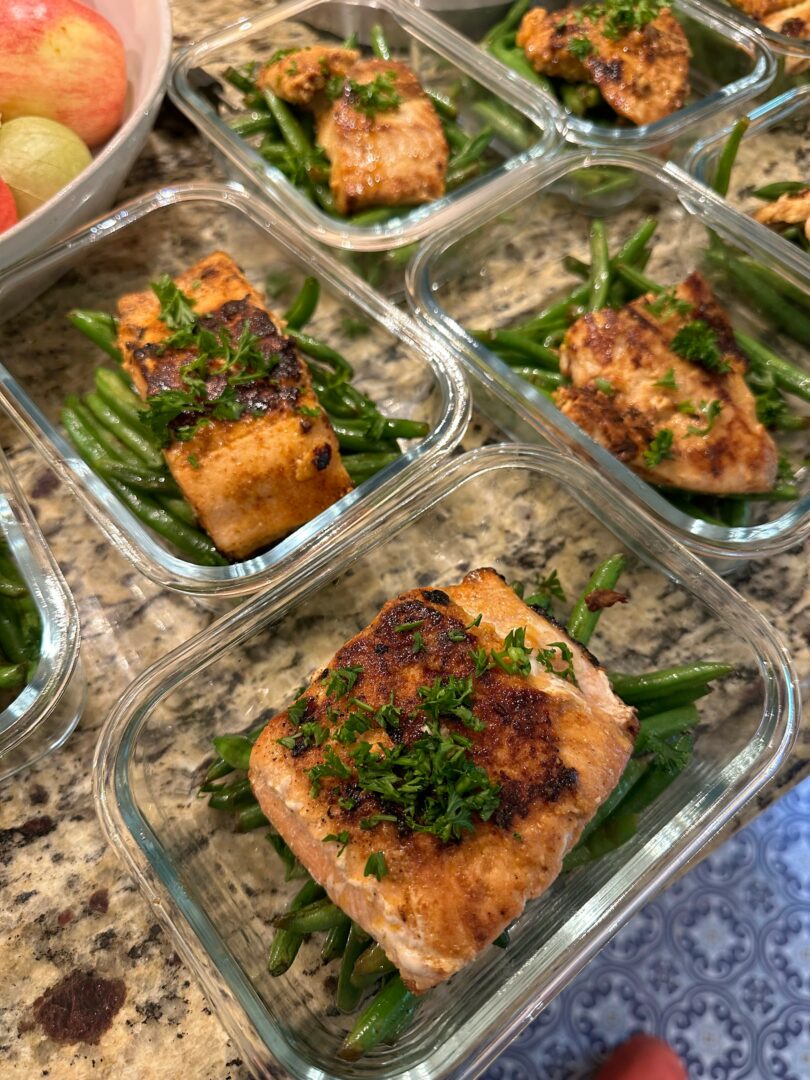
Appreciate the insights and wisdom. Before we dig deeper and ask you about the skills that matter and more, maybe you can tell our readers about yourself?
I’m a public health researcher and a personal chef and honestly, both come from the same place: wanting to help people feel supported and nourished. In my research, I work with communities that have often been overlooked, helping them access the resources they need to live healthier lives. My motivation is constantly inspired by the perseverance and strength of the people I work with!
In the kitchen, I get to bring the same care and insight I use in my research directly into people’s homes. In the kitchen, I get to bring that same care and insight into people’s homes. With my business, Camellia Culinary Consultation, I help families and individuals take the stress out of food. My background in nutrition research guides everything I do from figuring out the right dietary needs to creating meals that are balanced, practical, and delicious. One of my favorite parts is helping people with chronic illnesses enjoy food that tastes how it used to, without compromising their health. There’s nothing like seeing someone feel confident in the kitchen, find a meal they love, or simply have one less thing to worry about in a busy week.
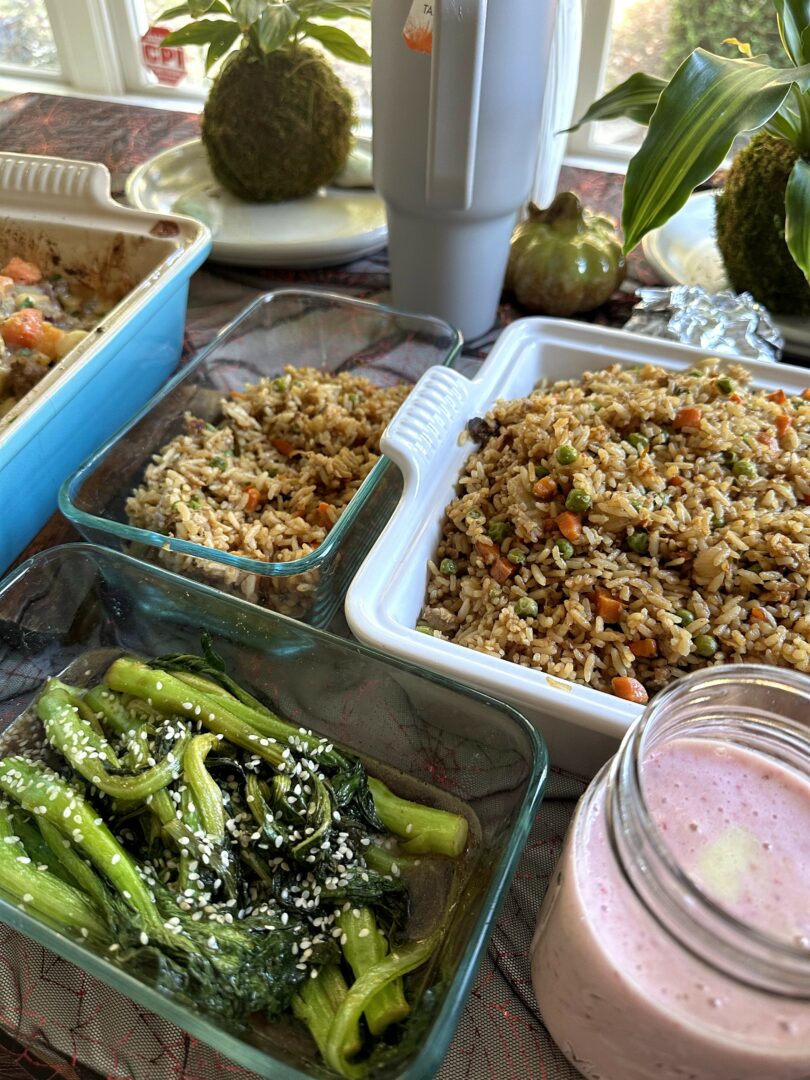
Looking back, what do you think were the three qualities, skills, or areas of knowledge that were most impactful in your journey? What advice do you have for folks who are early in their journey in terms of how they can best develop or improve on these?
Curiosity has kept me learning and exploring that means digging into public health research, understanding nutrition, or trying new recipes in the kitchen. My advice for anyone starting out is stay curious. Ask questions, explore different paths, and don’t be afraid to try things outside your comfort zone. Adaptability has been key because things rarely go exactly as planned. A research project might hit a roadblock, or a meal prep might not turn out as expected. The best way to build adaptability is to practice rolling with changes, problem-solving as you go, and seeing challenges as opportunities to learn from it. Empathy has shaped how I connect with people like clients, research participants, or the communities I work with. Taking the time to really understand someone’s experience makes your work more meaningful. Early on, focus on listening, observing without judgment, and just putting yourself in others’ shoes.
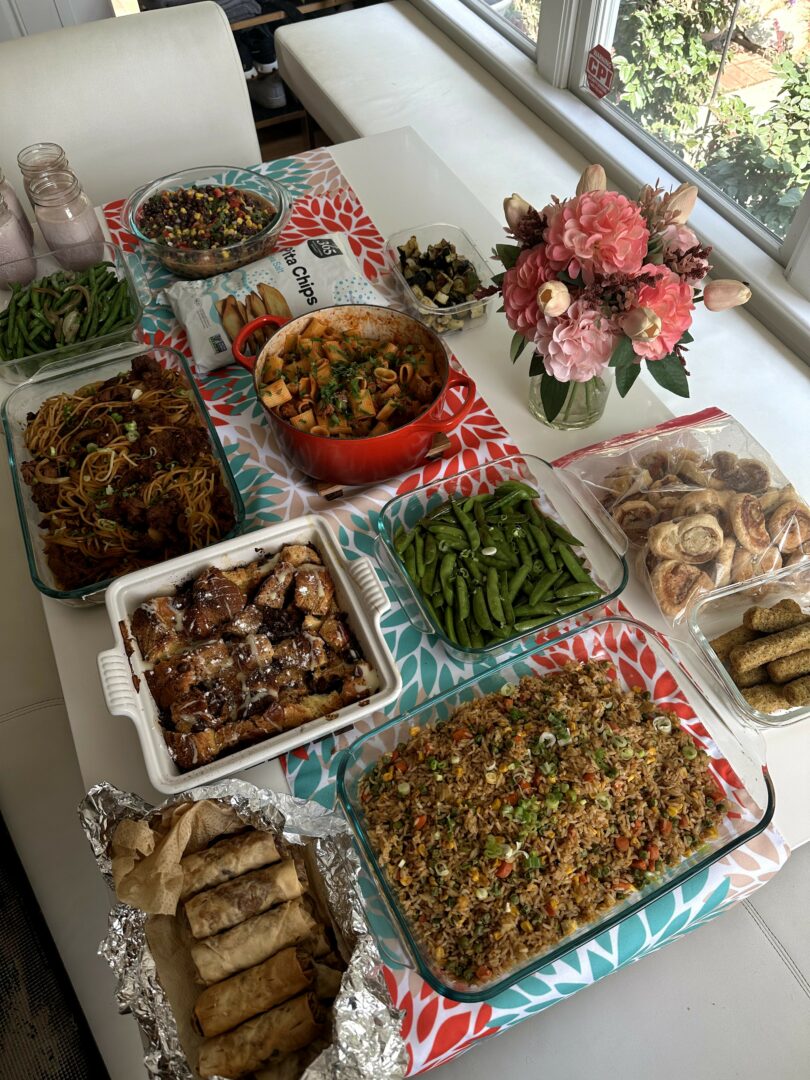
Who has been most helpful in helping you overcome challenges or build and develop the essential skills, qualities or knowledge you needed to be successful?
Who has been most helpful in helping you overcome challenges or build and develop the essential skills, qualities, or knowledge you needed to be successful?
I’ve been fortunate to have several people who’ve shaped my journey, but the most impactful support has come from mentors, colleagues, and my partner. In public health research, I’ve learned so much from senior researchers and community leaders who showed me how to approach challenges thoughtfully, stay curious, and center the needs of the people I serve. They’ve helped me develop not just technical skills, but also the confidence to navigate complex situations.
In my culinary work, the co-owners and clients encouraged me to experiment and think creatively about making food both nourishing and enjoyable. My partner’s always been there for me by offering support, and encouragement when things get tough, and reminding me I’m moving in the right direction. Having people who guide, challenge, and believe in you has been invaluable; they make growth and learning feel possible.
What book has played an important role in your development and what were a few of the most valuable or impactful nuggets of wisdom?
I just finished The Power of Your Subconscious Mind by Joseph Murphy. It taught me just how much our thoughts and beliefs influence what we can accomplish. I learned that by focusing on positive, constructive thoughts and visualizing success, we can actually change how we show up and what we’re able to achieve. Another lesson that really stuck with me is the importance of trusting yourself and your abilities even when things feel uncertain/challenging.
Are you looking for folks to partner or collaborate with? If so, describe the sorts of folks you are looking to collaborate with and how they can connect with you if they are reading this and want to collaborate.
Yes! I’m always excited to connect and collaborate with people who share a passion for health, nutrition, and community impact! Whether it’s fellow researchers, chefs, dietitians, community organizers, or anyone interested in creating programs, workshops, or projects that help people feel nourished and supported, I’d love to explore ways we can work together. If you’re reading this and think there’s a way we could collaborate, the best way to connect is to reach out via email to Camellia Culinary Consultation. We are always open to conversations and brainstorming ideas!
What is the number one obstacle or challenge you are currently facing and what are you doing to try to resolve or overcome this challenge?
Right now, my biggest challenge is juggling my public health work with growing my culinary business. Both mean a lot to me, and I want to give each the attention it deserves, but there are only so many hours in the day.
To manage this, I’m focusing on prioritizing what really matters, leaning on collaborators, and setting boundaries so I can show up fully for both. I’m also streamlining my culinary services to reach more people without spreading myself too thin. It’s definitely a balancing act, but I’m learning a lot about managing my time, staying focused, and growing in a sustainable way.
If you knew you only had a decade of life left, how would you spend that decade?
If I knew I only had a decade left, I’d continue doing what I’m passionate about while also making space for things I’ve always wanted to try. I’d focus on the work and connections that matter most, spend more time with the people I love, and take chances on experiences I’ve been curious about but haven’t yet explored.
What was the most impactful thing your parents did for you?
The guidance and care my parents gave me growing up shaped me into the person I am today which younger me would be proud of. I’ve learned that the best things in life aren’t material; they’re the invisible feelings we create like happiness, peace, excitement, and pride. For that reason, I feel truly rich in life. I also carry the lessons of humility and kindness with me, knowing that one small act can mean the world to someone else.
Do you think it’s better to go all in on our strengths or to try to be more well rounded by investing effort on improving areas you aren’t as strong in? Why? Talk to us about why you feel this way and please share any relevant stories that might help us better understand your view
I believe the most effective approach is to go all in on your strengths while acknowledging areas where you might not be as strong. For example, I’m not great with numbers, but that’s why teamwork is so important, so I focus on what I do best and collaborate with others who complement my skills. One of my personal strengths is cooking! I’m a fast cook because I can multitask effectively, create recipes on the spot, blend flavors intuitively, and solve problems in the kitchen, like making the most of available ingredients or adapting dishes for different needs. The same applies in my professional work. My strength lies in connecting with people, so building trust, understanding their needs, and translating complex information into actionable steps. I make the biggest impact when I lean into what I do best and rely on teammates for areas outside my expertise. Focusing on strengths doesn’t mean ignoring growth; it means knowing your unique value, investing energy where it matters most, and working collaboratively to create meaningful outcomes, whether that’s crafting meals or helping communities thrive.
What do you do when you feel overwhelmed? Any advice or strategies?
When I feel overwhelmed, I try to step back and take a moment to breathe and gain perspective. I find it helps to break tasks into smaller, manageable pieces and focus on one thing at a time, rather than trying to tackle everything at once. Another strategy I rely on is reaching out for support whether it’s collaborating with teammates, asking questions, or just talking through challenges.I also practice setting boundaries, learning to say no when needed, and leaning on support from teammates or mentors. Being honest about what I can handle and where I need help keeps me grounded and prevents burnout.
Finally, I try to incorporate activities that help me reset mentally and physically, like cooking, going for a walk, or reflecting on the things I’m proud of.
What has been your biggest area of growth or improvement in the past 12 months?
Over the past year, I think my biggest area of growth has been learning to trust myself and speak up more, even when I’m unsure. I used to hold back in new or high-pressure situations, worried about saying the wrong thing or overstepping. But I’ve realized that staying quiet doesn’t help anyone — and it certainly doesn’t help me grow. I’ve been practicing sharing my ideas, asking questions when I need clarity, and leaning on others when it makes sense. At the same time, I’ve gotten better at setting boundaries and focusing on small wins rather than trying to do everything at once. These changes have helped me feel more confident, work more effectively with others, and handle challenges without getting overwhelmed.
Who is your ideal client or what sort of characteristics would make someone an ideal client for you?
My ideal client is someone who might have a busy schedule, specific dietary needs, or just want to enjoy delicious meals without the stress of planning and cooking. I work best with clients who are open to trying new flavors or approaches as well!
Contact Info:
- Website: https://www.camelliaculinaryconsultation.com/
- Instagram: https://www.instagram.com/camelliaculinary/
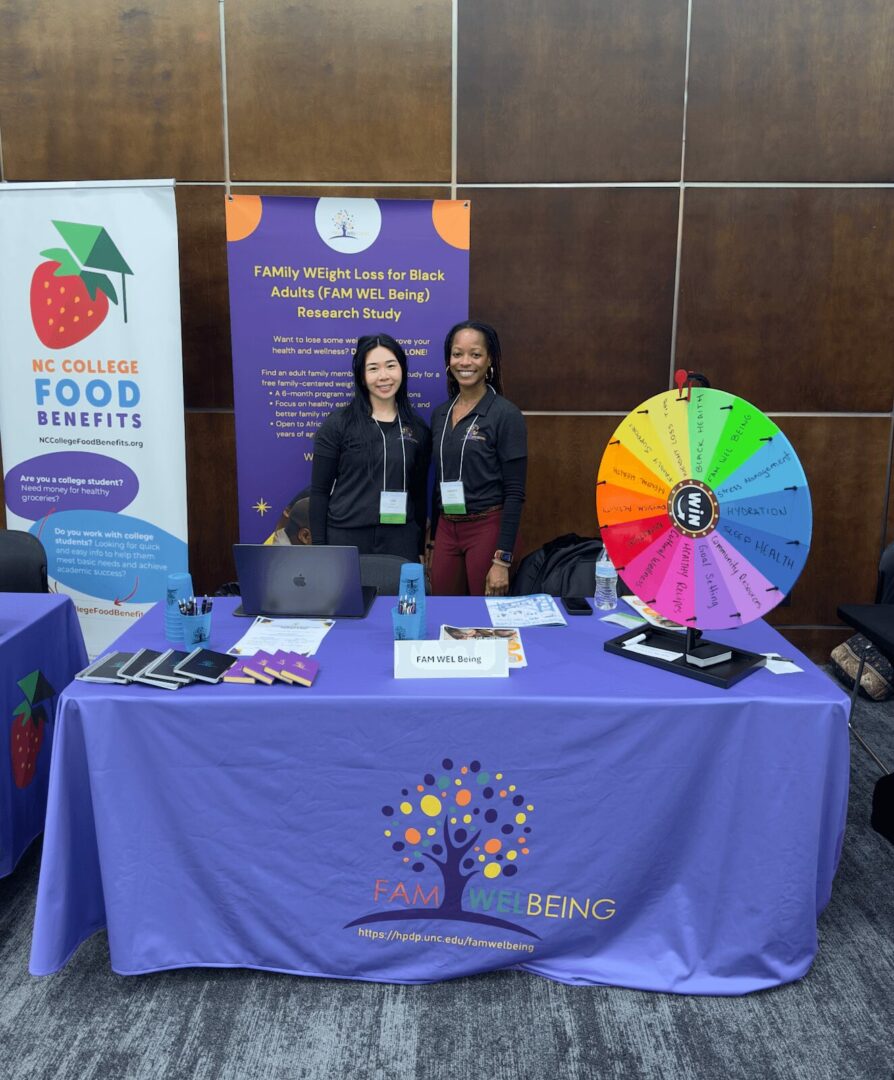
so if you or someone you know deserves recognition please let us know here.

